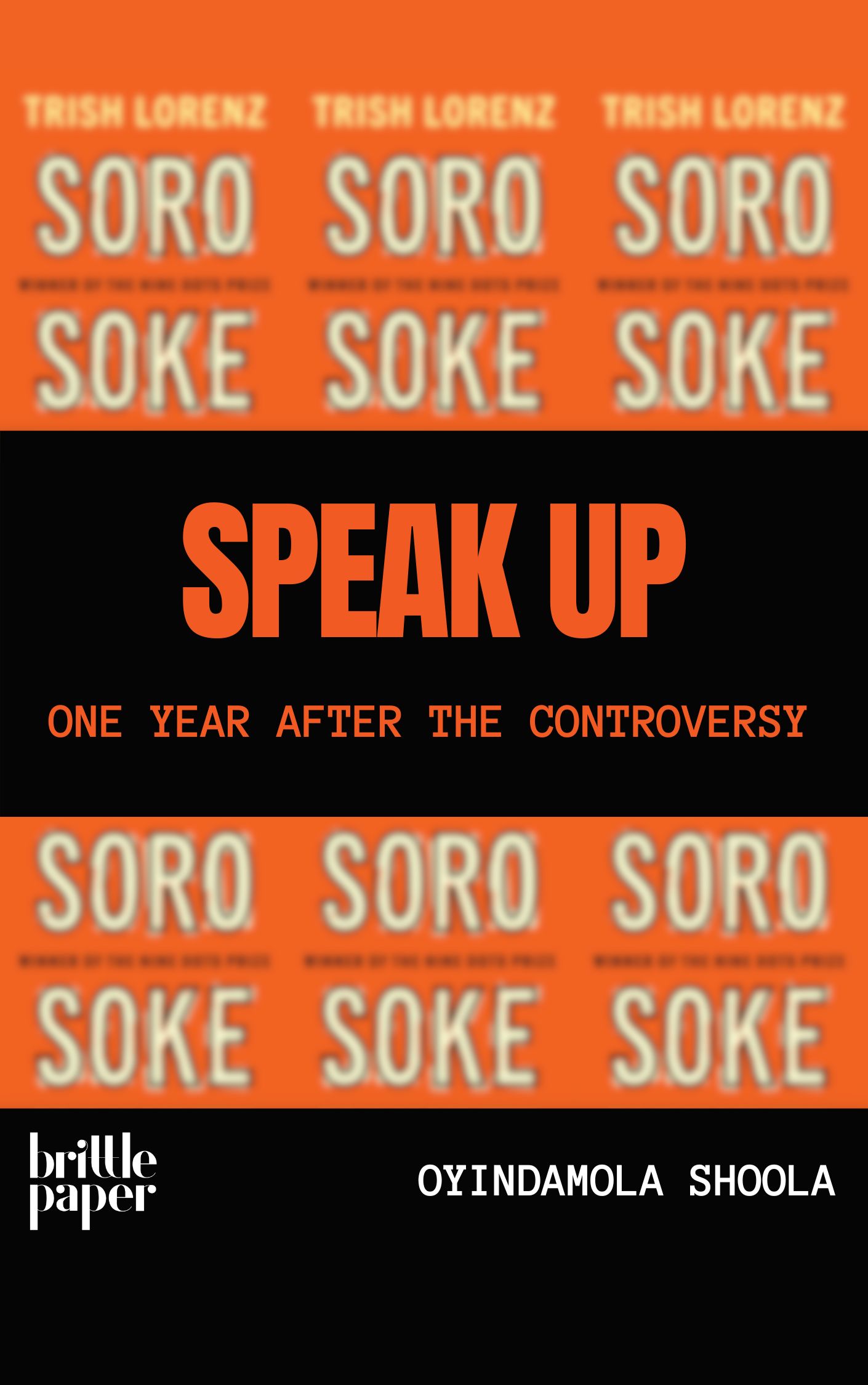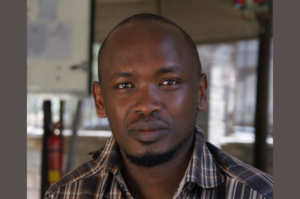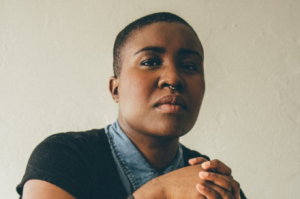
A new ebook Speak Up: One Year after the Controversy by Oyindamola Shoola is set for release here at Brittle Paper as a three-part series! The book revisits the controversy around the 2022 publication of Trish Lorenz’s Soro Soke: The Young Disruptors of an African Megacity, a collection of interviews of over 30 young entrepreneurs, artists, and activists in Nigeria based in Abuja and Lagos. The book had barely been unboxed and placed on the shelves when it was called out for appropriating the term “sòrò sókè,” which is a Yoruba word that gained popularity during the #endsars protest in Nigeria, and “not credited to Lorenz. Also, many questioned the accuracy and appropriateness of having Lorenz use the name for a book—as a white European author, not based on the continent.” [Read more here if you missed it.] It was a hotly debated issue that drew comments, criticisms, and rebuttals from prominent individuals in the Nigerian culture space.
A year after the controversy, Oyindamola Shoola, whose interview with Trish Lorenz was published in the collection, revisits the book and the debates around it. Shoola is an avid editor, writer and academic who co-founded SprinNG, a non-profit organization dedicated to supporting Nigerian writers, and co-founded Imole Consulting, dedicated to empowering professionals. Her writings can be found on several platforms such as Black Fox, Phi Theta Kappa’s Nota Bene, Authorpedia, Dovetail, and Kalahari Review. Shoola also has a few books and chapbooks under her name, includining To Bee a Honey, The Silence We Eat, Heartbeat, Now, I Want to Remember, Forget It, and But Here You Are.
For November, Brittle Paper will be publishing a part of Shoola’s ebook, Speak Up: One Year after the Controversy, for the next three Fridays, and on the final Friday of the month, we will share the ebook for free to anyone interested in hearing Shoola’s opinion, learning more about the controversy, or simply curious about the conversation. Until then, you can read the foreword below to see what you are in store for:
***
Semi-Colon – A Foreword
by Oyindamola Shoola
For over a year, I pondered why this series was worth writing, and countless reasons came to mind. Most important of all was that I understood the grief behind the backlash and simultaneously, knew a perspective that many others didn’t know about the book, Soro Soke, and its author, Trish Lorenz. Before the book was published and during her research, I was one of several others interviewed to shed light on how younger generations are taking non-traditional paths with entrepreneurship to create opportunities for others and revitalize the country.
Having been in a similar situation where my work was taken out of context and misinformation about who I was spread, I remembered what I wished and pleaded for at that moment. As obvious as it may present, what I desired wasn’t redemption, it wasn’t for someone else to blindly agree with my perspective, it was a simple wish that they would read and understand my work, in full context and alignment with my established intention before making a judgment.
Moreso, as a curious individual and tireless overthinker, the awareness of the wealth of things I do not know overwhelms me. Despite my wild imagination, I have become more careful to assume that even the obvious is seen. As a result, I cling dearly to the things I am sure of with evidence, and scramble for any knowledge that I can get because I know what a privilege it is to have access to information and, even more nobly, to be informed.
Over the past year, the conversations I had gave evidence of misalignment, be it with those who read or didn’t read the book, or those who disagreed or agreed with the author. I found their perspectives more individualized, especially for those who deemed this publication and some of its words a misstep. Still, their anger unified in an experience that shook us all – the End SARS movement and the 2020 Lekki Massacre.
Since then, we’ve been left with many feelings, but the most obvious is the sense of hopelessness. We’ve also been left with a weighted void mourning not just the loss of lives but a deferring and diminishing hope for change to happen in our nation. And for the few things we have clung to, memories of the good times marching, reminiscence of loved ones, voters’ rights, a slogan, a phrase, a word to be taken without permission or agreement, seems vicious to anyone grieving.
When I reflect on some of the positive takeaways of the End SARS Movement, it was seeing businesses and organizations led by young people rising to the occasion. It was seeing people unite to become a force of change. It was the hope, possibility, and evidence through several good deeds that Nigeria could be better than it is. So, to see all of that become less visible is shattering.
In 2021, I reviewed Chimamanda Adichie’s “Notes on Grief,” and wrote an essay about how grief feels a lot like a semi-colon. It is like something invaluable has happened, but nothing stops and everything has to continue. I captured how continuation is a tradition that doesn’t ask for permission.
The popular reaction to the publication of Soro Soke and its assumed intention put a lot of full stops where a semi-colon might have been appropriate. All I ask for is a semi-colon, not to start from scratch and erase your convictions but to continue with an open mind. A more important step would be to continue the empowering, innovative, and change-driven actions the EndSARS Movement ignited, and the growth of the nation that the Soro Soke book echoes.
This 3-part series begins with my experience of taking a critical thinking course at New York University that reshaped how I absorb, engage, question, and believe information. It continues with my review of Soro Soke and a realignment of several mistruths that engulfed the book and its author. This series then wraps up with a detailed interview with Trish Lorenz, re-establishing her intentions of a book that echoes our victories and losses, and most importantly, makes Nigerians the heroes of their own story.
In continuing this conversation with others, it has been even more enlightening to see the diverse paths one can take. This is not just a conversation about words but more for anyone curious enough to read and understand Lorenz’s work in full context and alignment with her established intention before making a judgment.
Oyindamola Shoola
Author, Writer, and Co-Founder of SprinNG
Be sure to check back in on Friday, 3 November 2023, for the first part of the series!









COMMENTS -
Reader Interactions